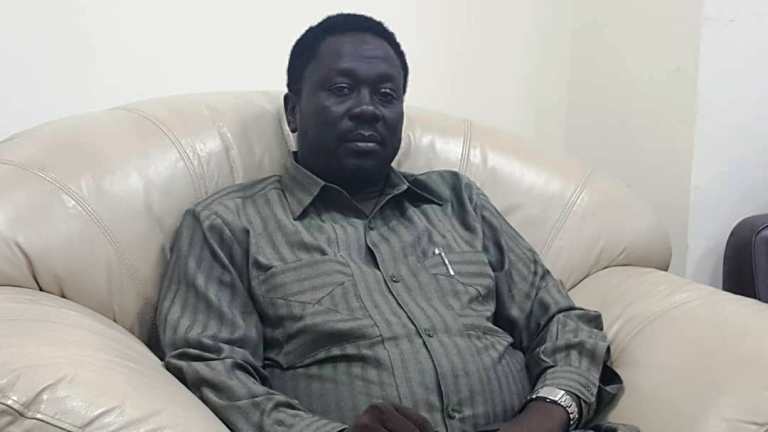South Sudan VP lauds China for deepening bilateral relations
September 7, 2022, (JUBA) – South Sudan on Wednesday commended China for the deepening bilateral relations in multiple areas of cooperation between the two countries.
The Vice President and Chairperson of the Services cluster, Hussein Abdelbagi Akol said China plays significant roles in the delivery of services in the country.
“I, this afternoon at the awarding ceremony at the Chinese Embassy, for 9th batch of China medical team in South Sudan, presented certificates of appreciation to the team and China at large for standing with South Sudan towards improving its major education, health, economic and development sectors since independence”, he told reporters in Juba.
The Vice President made the remarks during a ceremony at which he awarded certificates of services to Chinese skilled workers and experts in various fields of services and areas.
“We continue to recognize China’s contribution to securing our future in terms of Peace, Economic, Education, and Health through capacity building, scholarships, and logical needs. Now, the 10th Batch of China medical team should utilize the country’s political tranquility to improve services starting from where their colleagues might have stopped as South Sudan-China relation deepens”, he noted.
Akol said government welcomes foreign direct investments in any sector, pointing to historic relations between China and Sudan from which South Sudan seceded in 2011.
“South Sudan is open for business”, he stressed, adding “We do not segregate. We welcome people who want to do business with us in order to improve our economy and the lives of our people”.
The official welcomed what he described as China’s “no strings attached” political approach and economic cooperation model attractive to Juba and other African countries.
Experts argue that the number of Chinese nationals in South Sudan has dramatically increased since 2011. Beyond oil, Chinese companies are mostly found in infrastructure in a country in need services, ranging from roads, bridges, telecommunications, power plants, electricity grids, schools, hospitals, buildings, among others.
Companies from China and other countries interested in investing in the country are registering, conducting feasibility studies, and drafting proposals. Though China’s government often plays a role in helping secure market access, private businesses and small-scale entrepreneurs are driving new investment as much as the state, some of which are in association with South Sudanese officials.
(ST)

